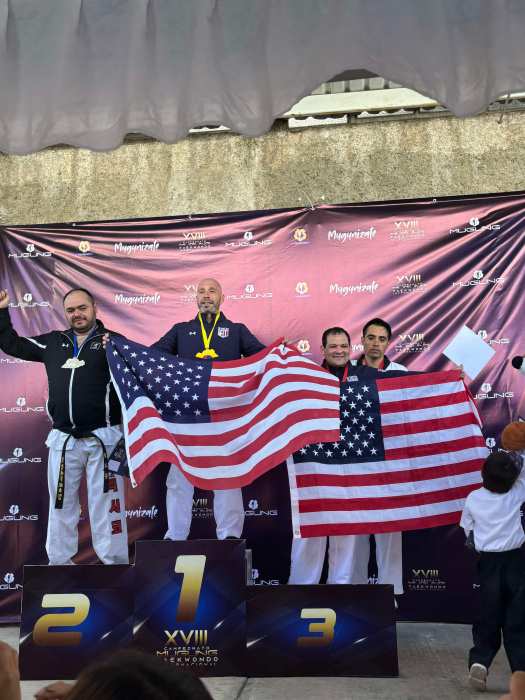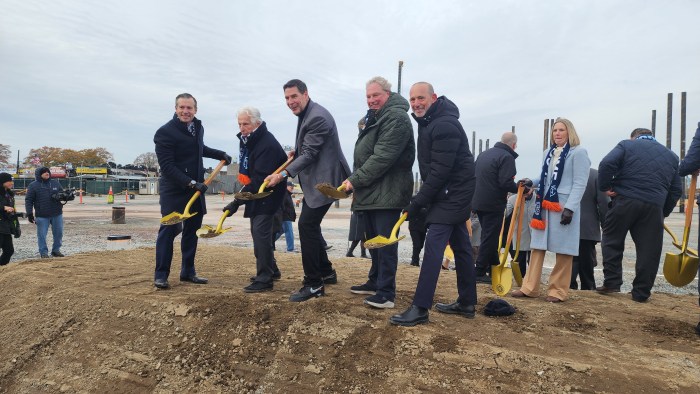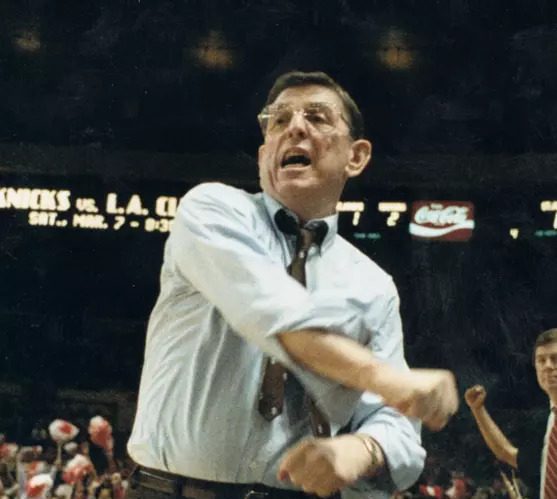By Laura Amato
He can’t wait.
Queens College Hall of Famer Pete Ginnegar barely heard the question before answering with a resounding “yes” this past May, agreeing to serve as the head coach of the Uganda National Lacrosse Team. It’s a brand-new challenge for Ginnegar, who has been a part of the lacrosse world for over 40 years, and one he’s anxious to get underway.
“This is the coolest thing I’ve ever done, I’ll be honest with you,” Ginnegar said. “I’ve coached some high-level programs, but there’s something incredibly, innately beautiful about going somewhere where lacrosse is still in its infancy on the international level and trying to build that up.”
Ginnegar’s road to Uganda wasn’t nearly as surprising as some may assume. He already serves as head coach of Barak Netanya LC in the Israel Premier Lacrosse League. He has experience at just about every level, most recently as the head coach of the Claremont Colleges club team in California, where he’s been since 2004.
Ginnegar coached a pair of Ugandan lacrosse players last season in Israel – when they worked out with the team after winning scholarships – and, at first, the idea to come to Uganda in a coaching capacity was simply a passing thought. It didn’t take long for that passing thought to grow some roots.
“It was really very organic, in a sense,” Ginnegar said. “So I got to know them a bit and said, ‘Hey if you guys need any help or anything let me know.’ We just started to have the conversations.”
Ginnegar’s idea has grown into a multi-tiered plan that starts with building an interest for lacrosse from the ground up. This isn’t just about winning now – or even at the next international competition – this is about building a strong infrastructure for future lacrosse players in Uganda.
“The guys that were there before me, and got it going four years ago, did an amazing job,” he said. “Hopefully myself and my staff can come in and build on that.”
“The whole idea is to make Uganda lacrosse a sustainable thing on its own,” Ginnegar said. “In order for that to keep going, because the current players are going to get too old to play, you’ve got to have an infrastructure in place to continue the growth. You want the program to take on a life of its own.”
Of course, there’s more than the men’s side of the game and Ginnegar was quick to point out that he’s just as determined to promote women’s lacrosse in Uganda.
“The growth needs to be steady with the women’s program,” he said. “I don’t claim to be a women’s coach, but whatever we do for the men, I hope we can mirror for the women as well and help build that program with the same enthusiasm as everything else.”
This opportunity is about much more than lacrosse for Ginnegar. He’s been on the sidelines for years, has faced his fair share of ups and downs and, at one point in 2000, thought he’d finished with coaching completely. The chance to help build something bigger than the game is a chance he’s relished.
“Having the opportunity now to build this program with Uganda and make an impact, to me, is, on a personal level, it’s a shot at my own redemption a little bit,” Ginnegar said. “I want to try in some ways exercise those demons I had as a coach.”
As far as Ginnegar is concerned, the international growth of lacrosse is, simply the next step for the sport. College lacrosse is spreading across the country and high school lacrosse is just as dominant as ever on the East Coast. Now, it’s time to take the next step and he’s proud to be part of it.
Ginnegar will return to Israel to coach Barak Netanya LC this summer before heading to Uganda at the end of the season, getting ready for the East Africa 7’s Tournament in August and the 2018 World Games.
He expects plenty of bumps in the road, but Ginnegar doesn’t want to miss a single moment.
“It’s a challenge, there’s greater challenges off the field than there are on the field,” he said. “But it’s energized me as a coach to do something that is so much greater than myself. I love coaching and everything else, but the opportunity to go to a place like this and build that program with them [was too hard to pass up].”



































